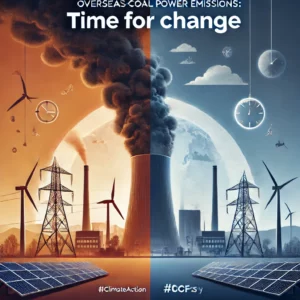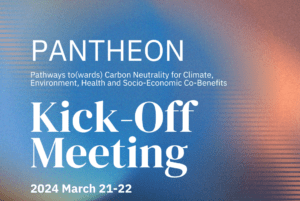The paper “Masters of the Machinery: The Politics of Economic Modelling within European Union Energy Policy” by Sarah Royston, Chris Foulds, Roberto Pasqualino, and Aled Jones offers a profound exploration into the political dynamics embedded in modelling used for shaping EU energy policies. This research is particularly significant for our PANTHEON project, where we aim to harness innovative approaches to decarbonisation, policy-making and modelling!
The Role of Economic Modelling in Energy Policy
Models are pivotal in the formulation, justification, and evaluation of energy policies within the EU. These models, such as the Price-Induced Market Equilibrium System (PRIMES), have long been influential, guiding key policy scenarios like those for the European Green Deal and the EU Climate Target Plan. However, the paper underscores that these models are not merely neutral scientific tools but are deeply political, influencing and being influenced by various stakeholders’ interests.
Political Dynamics and Modelling
The research delves into how political dynamics shape these models’ development and outputs. Through in-depth interviews with 24 European modellers, NGOs and policy workers, the authors reveal the contestation, power relations, and differentiated influences at play. This includes how questions and problems are framed, the selection of scenarios and solutions, and the structural assumptions and data inputs used in these models. A key finding is the systematic silencing of critical voices and the reinforcement of incumbent interests through these modelling processes.
Implications for the PANTHEON Project
For the PANTHEON project, this paper’s insights are invaluable. Understanding the political nature of models can help us critically assess the evidence and assumptions underlying energy policies. This is crucial for developing innovative, sustainable energy solutions. The paper’s emphasis on reflexivity, recognition, and relationship-building among researchers, policymakers, and other stakeholders aligns perfectly with PANTHEON’s goals of fostering inclusive and transparent policy-making processes.
Contribution of Prof. Chris Foulds
We are proud to highlight that Prof. Chris Foulds, one of the authors of this insightful paper, is a member of our PANTHEON Advisory Board. His expertise in the political dimensions of energy modelling and his contributions to this research will undoubtedly enrich our project’s approach to energy transition and policy innovation.
For more details, you can access the full paper here.




